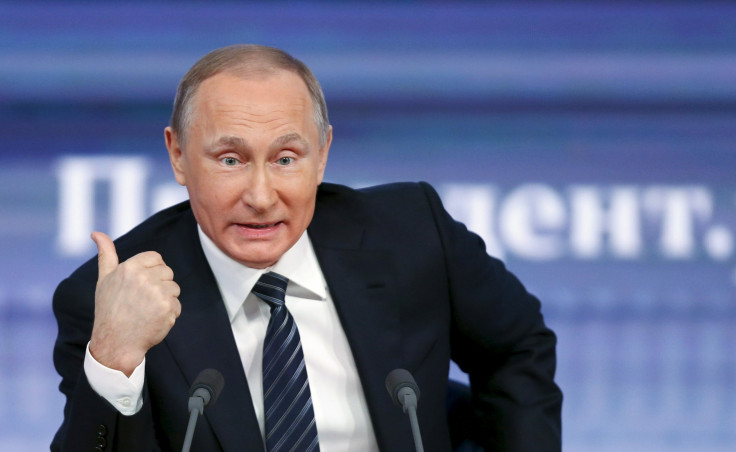What Does A Friendly Relationship Between Trump And Putin Mean For Rich Russians?

Russian President Vladimir Putin may be publicly praising Republican front-runner Donald Trump — and, therefore, implicitly criticizing the current administration — but investors from his country are quietly singing a different tune about the U.S. While sanctions and tumult in the Middle East have led to an icy relationship between the Obama administration and the Kremlin, Russians with money to spare have been looking to invest in American holdings.
“We just position quite well for those of high net worth to continue putting money into the United States,” Ed Mermelstein, a real estate attorney, consultant and developer in New York, said. “Russian nationals are just one of the [many] international communities that continue to put money into the U.S.”
Mermelstein said that, especially with the economic unrest that has resulted from international sanctions placed on Russia recently, investors in the oligarchy see the relatively stable economic and political outlook in the U.S. as a safe place to put their money. Putin’s overtures to Trump, and Trump’s acceptance of those compliments, Mermelstein said, aren’t likely to change that calculus dramatically.
Still, the notion of thawed relations between the two superpowers is interesting to investors and would bode well for Putin’s regime. A more amicable relationship would mean that investment in Russia would become more attractive, which would bring revenue into the country.
There has been “substantial wealth that has moved during the Putin administration,” Mermelstein said. “No one can put the numbers together, simply because every time someone tries to they don’t come close to the reality of how large that number is.”
Putin has led Russia since 2012 and has seen strict international sanctions placed on his country during his rule. In early 2014, after Russia annexed part of Ukraine, the European Union and the United States sought to crack down on that aggression through economic hardships. Dozens of senior Russian officials have been placed on international blacklists and restrictions have been tightened on Russian state banks and corporations.
The impact of those sanctions hasn’t been pretty for the country. By the end of 2014 , the economy had hit a recession while Russian officials took drastic measures like increasing interest rates and selling foreign currency to defend the ruble. The economic situation in 2015 was reportedly better; however, the hardship from 2014 still scarred the economy.
Economic uncertainty has shifted the way big money players in Russia are storing their wealth. Hoping to at least maintain their money, they are turning to investments in things like luxury real estate in the U.S., which aren’t likely to lose considerable value.
“Today, it’s not just about income, it’s about wealth preservation,” Mermelstein said. “It’s more important to make sure you don’t lose your money as opposed to making money." And Russian investors who understand that are, he said, "putting it into hard assets.”
© Copyright IBTimes 2024. All rights reserved.












